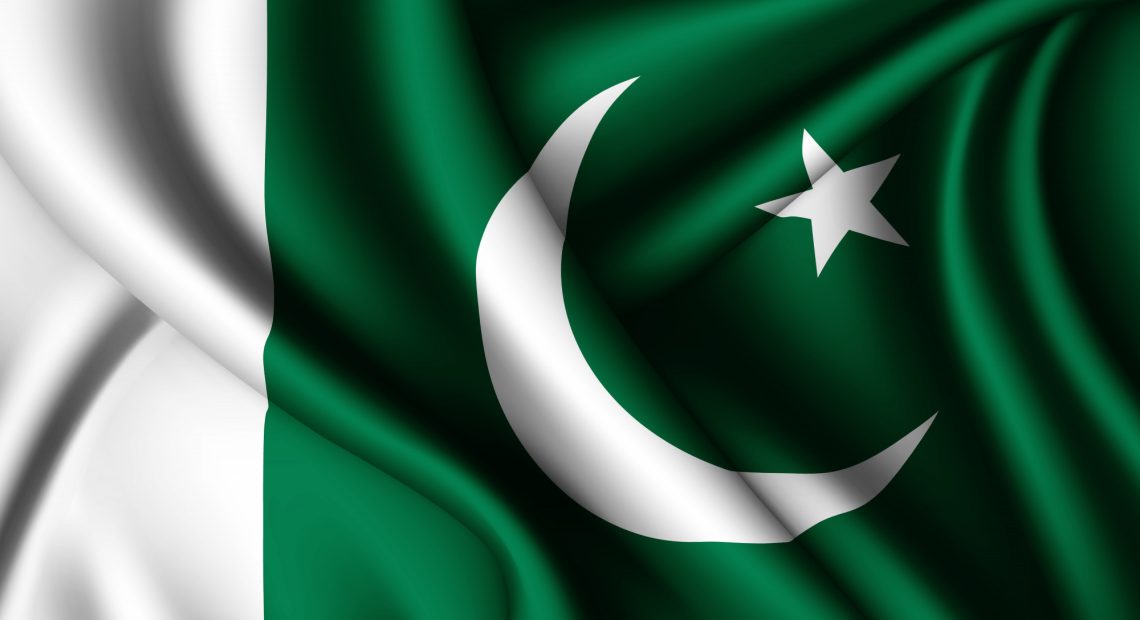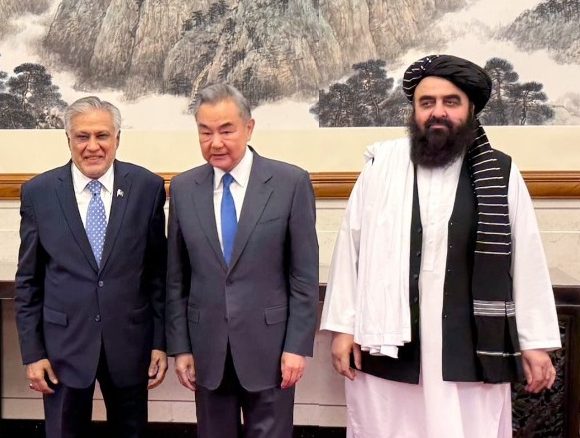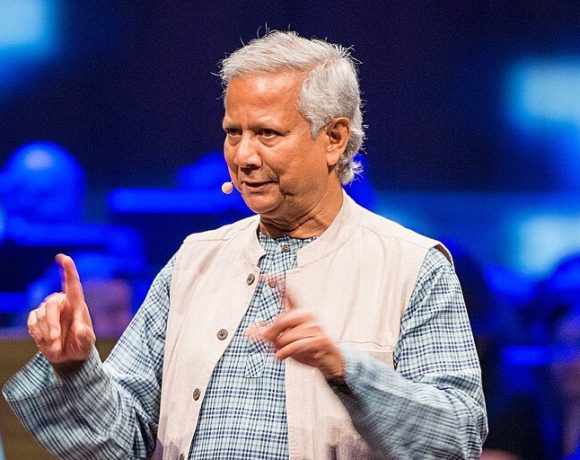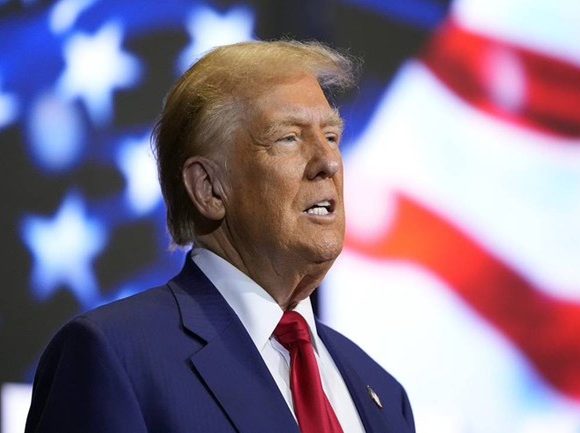
Pakistan Calls for Global Probe into Pahalgam Attack Claims
Pakistan has demanded an international investigation into the Pahalgam terror attack that left 26 civilians dead in Jammu and Kashmir. Defence Minister Khawaja Muhammad Asif announced that Pakistan is “ready to cooperate” with an international inquiry to ascertain the facts surrounding the incident. He emphasized Islamabad’s willingness to allow inspectors to independently verify claims and rejected India’s accusations linking Pakistan-based groups to the attack.
While the Resistance Front (TRF), affiliated with the banned Lashkar-e-Taiba (LeT), has claimed responsibility for the attack, Asif maintained that LeT is “defunct” and incapable of executing such operations from Pakistani soil. He denied any state involvement and accused India of using the attack to further political objectives without credible evidence.
India Responds with Strong Diplomatic Measures
Following the Pahalgam incident, India escalated diplomatic actions against Pakistan. These included:
-
Expulsion of Pakistani military attaches from New Delhi.
-
Suspension of the Indus Waters Treaty.
-
Immediate closure of the Attari-Wagah land border for civilians and trade.
-
A directive ordering all Pakistanis who entered via the land crossing to leave India by May 1.
The Indian government cited Pakistan’s continued support for terror networks as justification for its tough measures. Officials underscored that the series of steps was necessary to protect national security and demonstrate zero tolerance for cross-border terrorism.
In response, Pakistan criticized India’s actions as hasty and politically motivated. Khawaja Asif accused New Delhi of leveraging the attack to suspend existing agreements and escalate tensions without proof or investigation.
Pakistan’s Admission of Past Terror Links
Adding a layer of controversy, Khawaja Asif also acknowledged in a separate interview that Pakistan had historically supported, trained, and funded terrorist groups. Describing it as “dirty work” done for Western powers, he admitted that Pakistan had suffered as a result of these past policies.
The admission has sparked strong reactions internationally and reinforced skepticism about Pakistan’s current denials regarding involvement in the Pahalgam attack.
As diplomatic relations between India and Pakistan continue to deteriorate, calls for restraint from the international community have grown louder. However, with trust at an all-time low, the path to de-escalation remains uncertain.


















